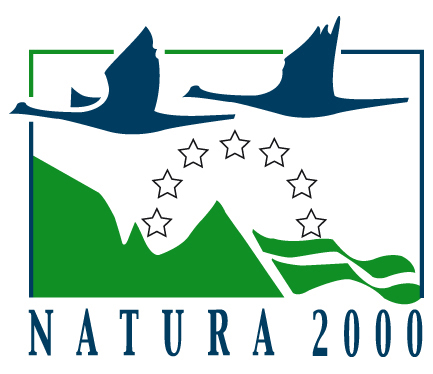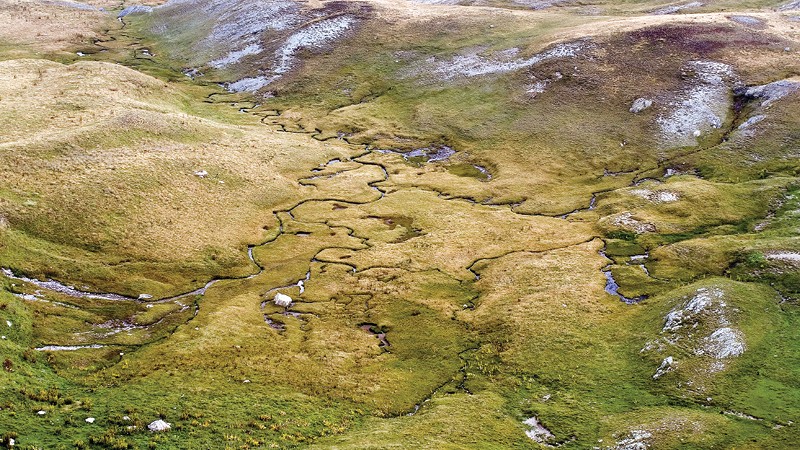The main aim of Natura 2000 is to preserve biodiversity for future generations, as a key part in the functioning of the ecosystem. Keeping what is precious from nature should be a priority of all countries and having a list of species and habitats that are under specific protection is one step forward in this direction. The vision of having sustainable development can become a reality with the instrument of Natura 2000, whose coverage area increases over time, inline with its the main objective of – having as much as possible natural heritage protected in Europe.
Another benefit is improvement of the legislation. many laws need to be aligned before entering the family of the EU and the one covering protection of nature is one of them. Having legislation that is created on the same basis means better coordination and better results.
But one might ask – if the country needs to wait until becoming a member, what is the benefit of starting the Natura 2000 process while still being candidate? The answer is that higher and more controlled conservation is a benefit on its own, even before the sites are officially part of Natura 2000.
In addition, Natura 2000 sets the stage for new opportunities in rural areas through development of eco-tourism, sustainable agriculture and use of natural resources in a way that doesn’t endanger the environment. Natura 2000 can become an important source of income in the locals it covers, such as:
- Development of tourism – the ecological network of Natura 2000 influences the environment in a positive way and this is scientifically proven. Consequently, this attracts tourists and increases visitors;
- Once becoming a member, the land owners can also benefit from being located on Natura 2000 sites and financial benefits can be expected for the local population that carry out conservation activities on Natura 2000 sites;
- The Government itself can also gain funding and programmes to improve the state of infrastructure (for the roads, sewage system, bicycle tracks, education and training programs and competitions, etc.) in the Natura 2000 areas once the country joins the EU.




